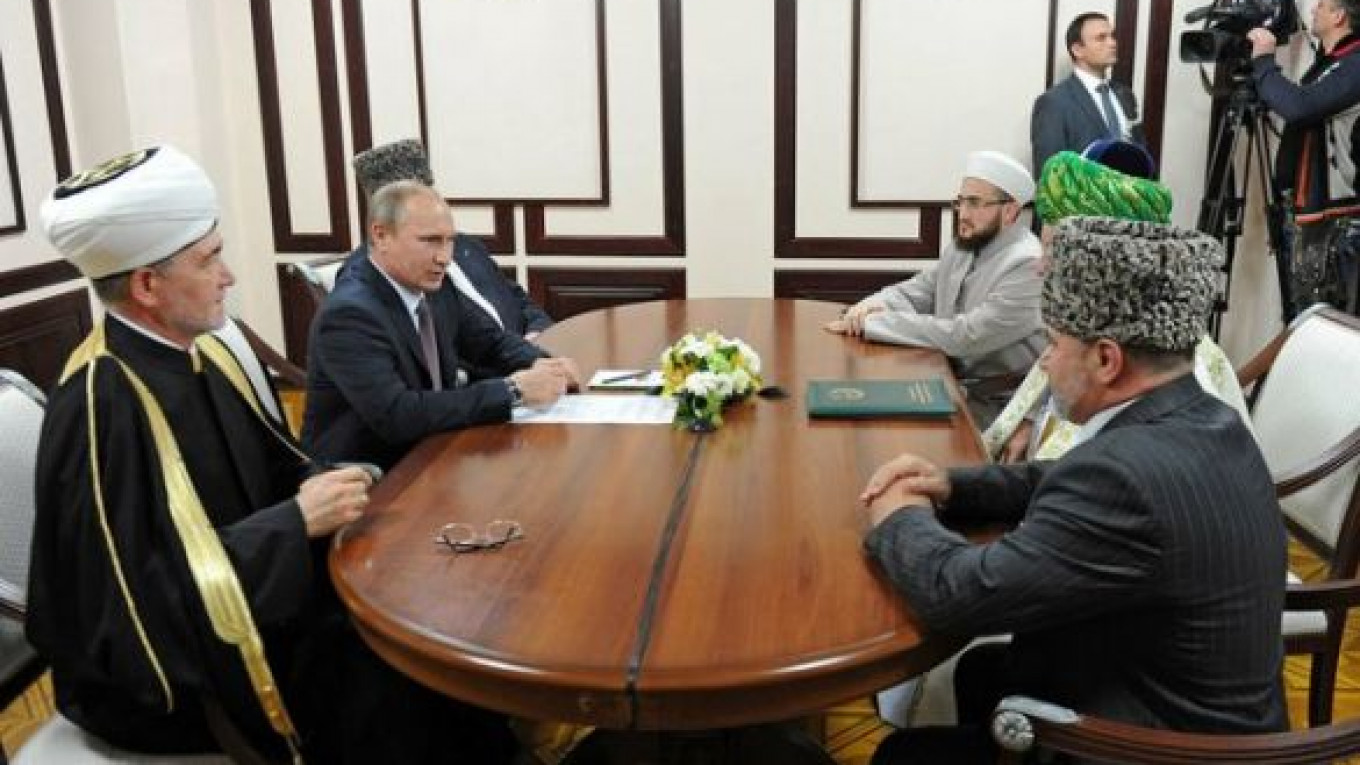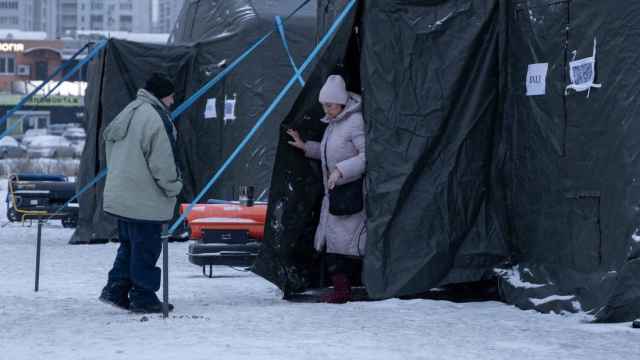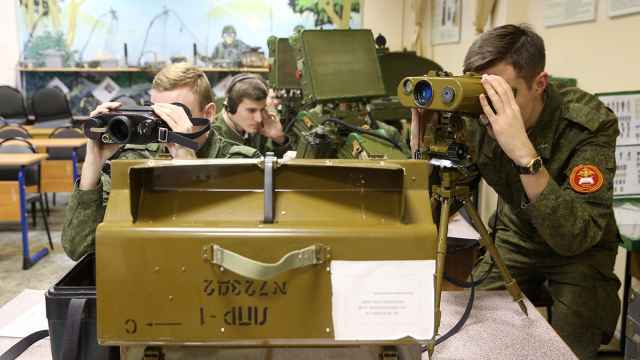UFA — President Vladimir Putin has signed a law giving local authorities more responsibility for handling relations between ethnic communities in a sign that the government is growing nervous about nationalist-tinged discontent rising in Russia.
Speaking Tuesday at the Interethnic Relations Council in the Urals town of Ufa, Putin lashed out at local governments for what he said was their lackluster record in implementing the government's long-term strategy to minimize tensions among the numerous ethnic groups living in Russia.
Under the terms of the law signed Tuesday by Putin, municipal leaders will face dismissal for failing to stifle ethnic tensions.
The legislation empowers regional authorities to take measures to integrate migrants.
The law was adopted to ensure the implementation of Russia's National Ethnic Policy Strategy through to 2025, the Kremlin said Tuesday. Putin complained that little progress has been made on the strategy so far and that only nine out of Russia's 83 federal regions have forged specific plans.
"All we're talking about are plans, about the initial required measures. If we look at the specific work done, the picture is far more depressing," Putin told the Interethnic Relations Council.
Putin appeared to recognize that events in the Moscow district of Biryulyovo — where riots broke out after a Russia was stabbed to death, with an Azeri being named as a suspect — were the outcome of failure by local authorities to address local concerns, about rampant migration among other things.
"Local authorities often prefer armchair leadership, which is of little or no use," he said.
In the wake of Biryulyovo, vocal opposition candidate Alexei Navalny posted a petition on his website proposing a visa regime be introduced for migrant laborers coming to Russia from former Soviet republics in Central Asia and the Caucasus.
Putin dismissed such suggestions, saying they would do little to solve migration issues. He instead urged better bureaucratic management over migration.
A Message from The Moscow Times:
Dear readers,
We are facing unprecedented challenges. Russia's Prosecutor General's Office has designated The Moscow Times as an "undesirable" organization, criminalizing our work and putting our staff at risk of prosecution. This follows our earlier unjust labeling as a "foreign agent."
These actions are direct attempts to silence independent journalism in Russia. The authorities claim our work "discredits the decisions of the Russian leadership." We see things differently: we strive to provide accurate, unbiased reporting on Russia.
We, the journalists of The Moscow Times, refuse to be silenced. But to continue our work, we need your help.
Your support, no matter how small, makes a world of difference. If you can, please support us monthly starting from just $2. It's quick to set up, and every contribution makes a significant impact.
By supporting The Moscow Times, you're defending open, independent journalism in the face of repression. Thank you for standing with us.
Remind me later.






